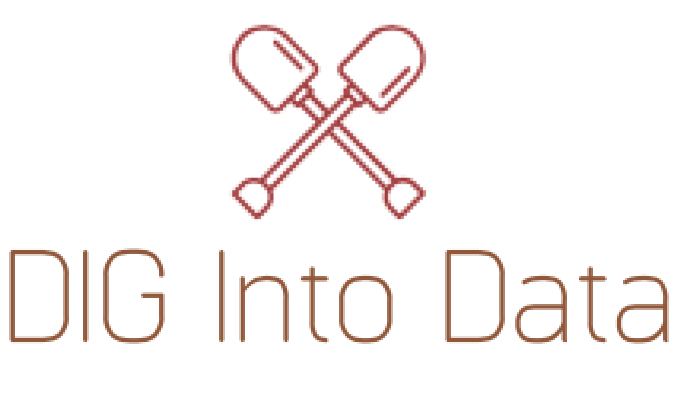Presentations
The Data Incubator Group has presented our work at several conferences including the Gordon Research Conference on Undergraduate Biology Education Research, the National Association of Biology Teachers (NABT) annual conference, and the Ecological Society of America (ESA). These presentations address gaps in the curriculum cycle for open educational resources (OER) and contributing to a community framework for large-scale sharing and adaptation of data-centric teaching materials.
Closing the Gap in the Open Educational Resources (OER) Life Cycle for Using Research Data in the Ecology Classroom
Version: 1.0
Workshop: DIG into Data for the Biology Classroom
Kaitlin Bonner, St. John Fisher College; Arietta Fleming-Davies, University of San Diego; Kristine Grayson, University of Richmond; Raisa Hernández-Pacheco, University of Richmond
Presented at the 2018 BioQuest/QUBES Summer Workshop and 2019 BioQuest/QUBES Summer Workshop
In this workshop, participants will explore ecological data-centric teaching modules produced by the Data Incubator Group (DIG) in a recent Faculty Mentoring Network (FMN). Participants in the FMN developed data-rich teaching materials that were published in a special issue of the Ecological Society of America’s Teaching Issues and Experiments in Ecology (TIEE). These modules incorporate real ecological datasets on a variety of topics including climate change, species distributions, parasitism, aquatic invertebrate communities, human diseases, and others. While exploring these datasets, students are also introduced to different data science tools, including GIS, the statistical software R, spreadsheet-based analyses, and mark-recapture software.
At the end of the workshop, we will also discuss how these materials are being used to explore a new model for Open Education Resources (OER), in which instructors publicly re-share their own modifications of others' published materials. Participants will learn about current and future opportunities to participate in this community.
DIGging Into Data and getting the credit
Version: 1.0
DIG into Data for the Biology Classroom
Version: 1.0
Workshop: Best practices for using authentic research data to teach core concepts
Elizabeth Schultheis, Michigan State University; Kristine Grayson, University of Richmond; Melissa K. Kjelvik, Michigan State University; Kaitlin Bonner, St. John Fisher College; Arietta Fleming-Davies, University of San Diego
Presented at the 4th Life Discovery Conference
Link to the Workshop Materials
Observations of nature and experimental research often yield datasets that are complicated, messy, and full of variation. Students may be exposed to authentic data for the first time when they perform their own inquiry projects, leaving them underprepared. We argue it is important for students to frequently engage with authentic datasets to build a foundation to properly analyze and interpret their own data from inquiry investigations. Helping students understand variation and messiness in data is a key life skill and will build their confidence for interacting with complex datasets during their careers or as informed citizens. While the value of bringing real data into the classroom is recognized, classroom implementation can seem overwhelming. For example, how do you help students go from developing their own scientific question to actually finding, utilizing, and interpreting relevant data?
In this workshop, we will discuss best practices for bringing real data into the classroom to improve student quantitative reasoning abilities. We will introduce Data Nuggets, DryadLab, and Teaching Experiments in Ecology and Evolution (TIEE) as effective classroom resources to help scaffold student abilities when working with data, as well as the process of developing new classroom resources based on publically available research data. We will focus on the steps necessary to build student proficiency in practices that scientists employ when asking and answering scientific questions. We will identify learning objectives necessary for a scientifically literate citizenry, and how the use of real data can uniquely help achieve these learning objectives.
Workshop participants will discuss steps from finding data from reputable sources, identifying learning objectives, helping students ask and test their own scientific questions, data analysis and interpretation, and eventually turning classroom materials into publishable teaching resources.
